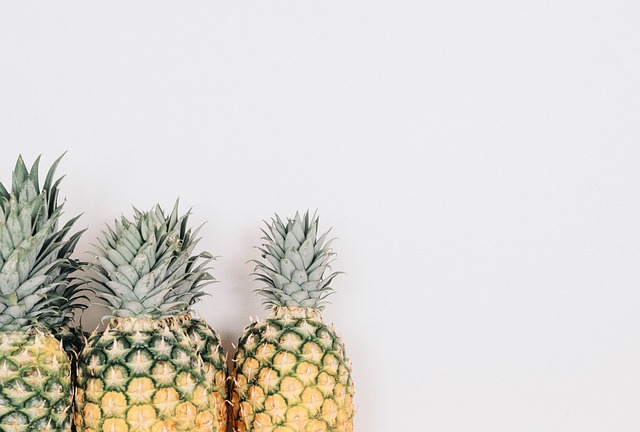Exploring the Best Sources of Probiotics
Probiotics are living microorganisms that provide numerous health benefits when consumed. While yogurt is often associated with probiotics, there are many other rich sources to explore for those seeking to enhance their gut health.
1. Fermented Foods
Fermented foods are one of the best sources of probiotics. They undergo a process of lacto-fermentation, where natural bacteria feed on the sugar and starch in the food, creating lactic acid. Some popular fermented foods include:
- Sauerkraut: Fermented cabbage that contains Lactobacillus bacteria.
- Kimchi: A traditional Korean side dish made of fermented vegetables, such as cabbage and radishes.
- Miso: A traditional Japanese seasoning made by fermenting soybeans with salt and koji (a type of fungus).
- Kombucha: A fizzy, fermented tea that contains a variety of probiotic strains.
- Tempeh: An Indonesian fermented soybean product with a nutty flavor and firm texture.
2. Kefir
Kefir is a fermented milk drink that is an excellent source of probiotics. It is made by adding kefir grains, which are a combination of yeast and bacteria cultures, to cow’s or goat’s milk. The fermentation process results in a tangy, yogurt-like beverage with a higher probiotic content than regular yogurt.
3. Pickles
Yes, pickles can also be a rich source of probiotics! Traditional pickles are made by fermenting cucumbers in a brine solution. This process encourages the growth of beneficial bacteria, resulting in tangy and crunchy pickles that are teeming with probiotics.
4. Non-Dairy Alternatives
If you’re lactose intolerant or follow a dairy-free diet, there are still plenty of options to incorporate probiotics into your routine:
- Coconut Milk Yogurt: Made from coconut milk and probiotic cultures, this creamy alternative is suitable for those avoiding dairy.
- Almond Milk Yogurt: Similar to coconut milk yogurt, almond milk yogurt offers a dairy-free probiotic option.
- Probiotic Supplements: If you’re unable to consume probiotics from natural sources, supplements can provide a concentrated dose of beneficial bacteria.
5. Fermented Soy Products
Alongside tempeh, there are other fermented soy products packed with probiotics:
- Natto: A traditional Japanese food made from fermented soybeans and typically eaten with rice. It contains bacterial strain Bacillus subtilis.
- Tamari: A gluten-free soy sauce made by fermenting soybeans. Look for unpasteurized options for higher probiotic content.
Conclusion
While yogurt has long been recognized as a reliable source of probiotics, expanding your horizons and exploring other options can provide a more diverse range of beneficial bacteria for your gut. Incorporating fermented foods, kefir, pickles, non-dairy alternatives, and fermented soy products into your diet can help optimize your gut health and improve digestion. Remember to consult your healthcare provider before incorporating new foods or supplements into your routine, especially if you have pre-existing health conditions.







